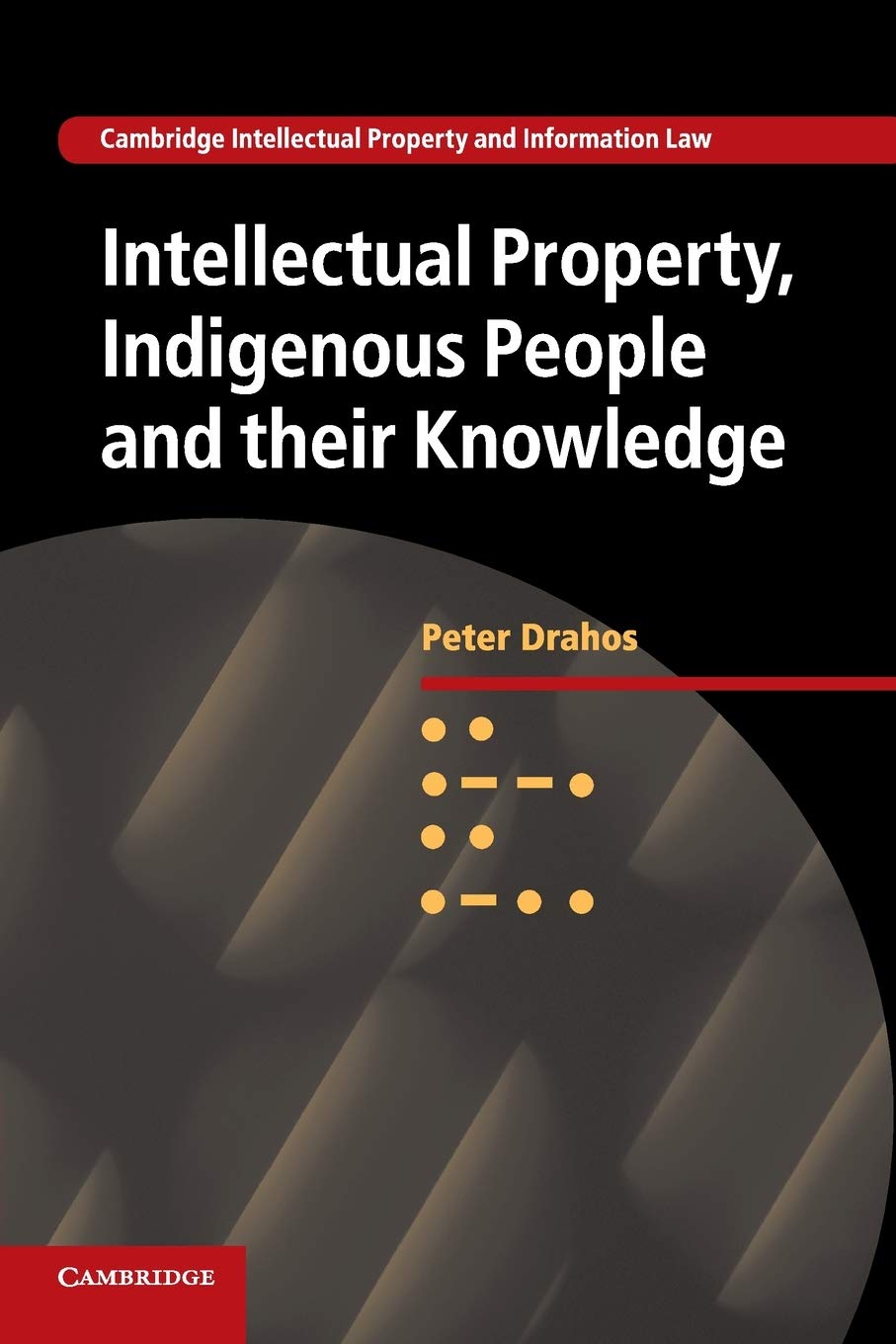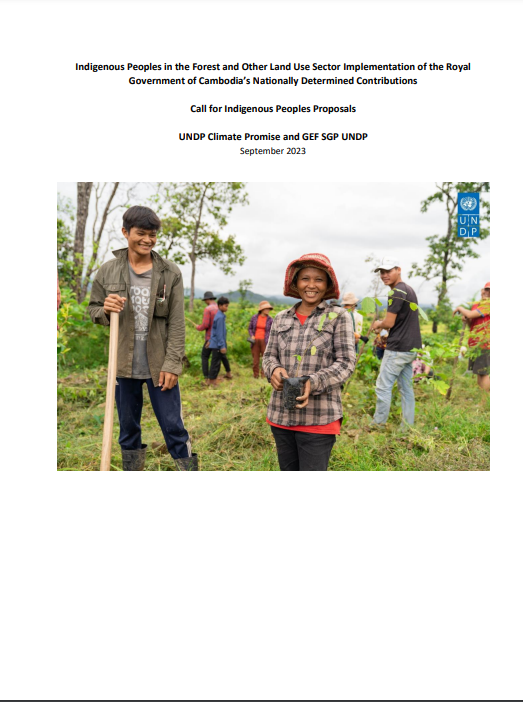
Intellectual Property, Indigenous People and their Knowledge
Publication Year: 2014
Author(s): Drahos P
Abstract:
After colonization, indigenous people faced an extractive property rights regime for both their land and knowledge. This book outlines that regime, and how the symbolic function of international intellectual property continues today to assist states to enclose indigenous peoples' knowledge. Drawing on more than 200 interviews, the author examines the response of indigenous people to the colonizer's non-developmental property rights. The case studies reveal how they have adapted to the state's extractive order through a process of regulatory bricolage. In order to create a new developmental future for themselves, indigenous developmental networks have been forged - high trust networks that include partnerships with science. Intellectual Property, Indigenous People and their Knowledge argues for a developmental intellectual property order for indigenous people based on a combination of simple rules, principles and a process of regulatory convening.
Series Edition: Cambridge Intellectual Property and Information Law (25)
ISBN: 9781107295230
Publisher/Organisation: Cambridge University Press
Theme: Indigenous People | Subtheme: Community Rights
Related Documents
Training Materials
Securing Land Rights for Indigenous Peoples in Cities
Published Year: 2011
Abstract:
Land and property rights of Indigenous peoples are reviewed in the context of urbanization, in... Read More
Training Materials

Abstract:
This is a guiding document for Indigenous Peoples Organisations (IPOs), local NGOs (LNGOs) and... Read More
Reports
Indigenous women, daughters of Mother Earth
Published Year: 2020
Abstract:
There are 476 million indigenous peoples around the world, constituting 6.2 percent of the glo... Read More



